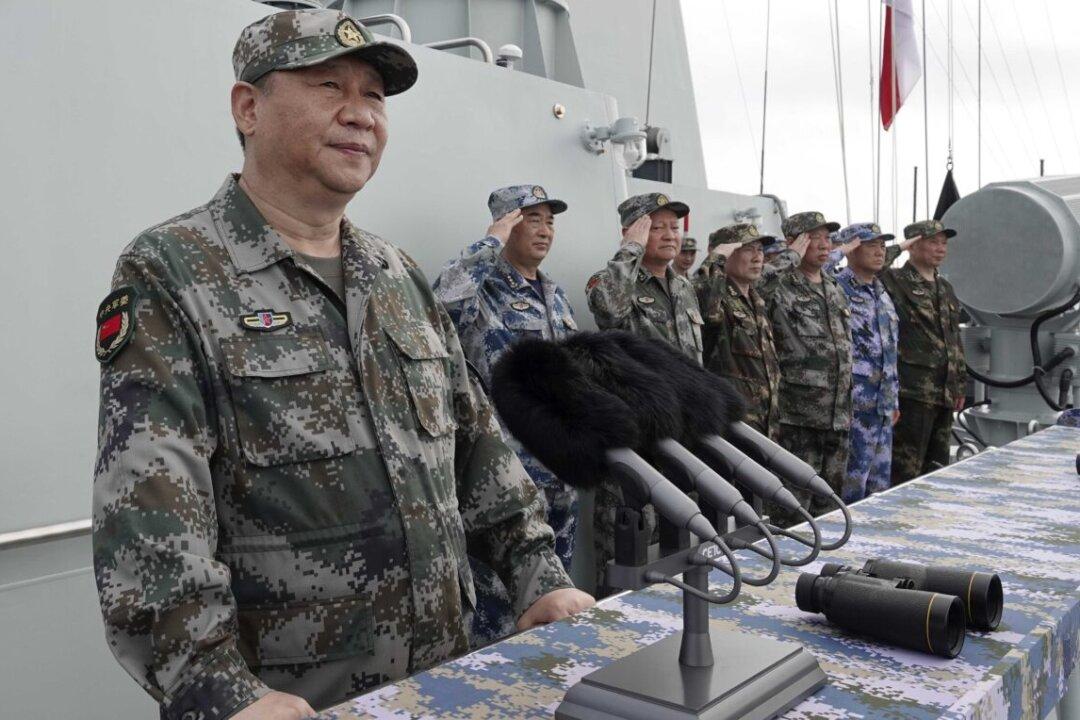Chinese leader Xi Jinping delivered this year’s mobilization orders to the regime’s military on Jan. 5, saying it must evolve into an elite force capable of winning any war.
“The armed forces must closely follow the evolution of technology, warfare, and rivals, redouble their efforts to better combine training with combat operations, and strengthen systematic training and the use of technologies to develop an elite force that is capable of fighting and winning wars,” the order said, according to state-run news agency Xinhua.




